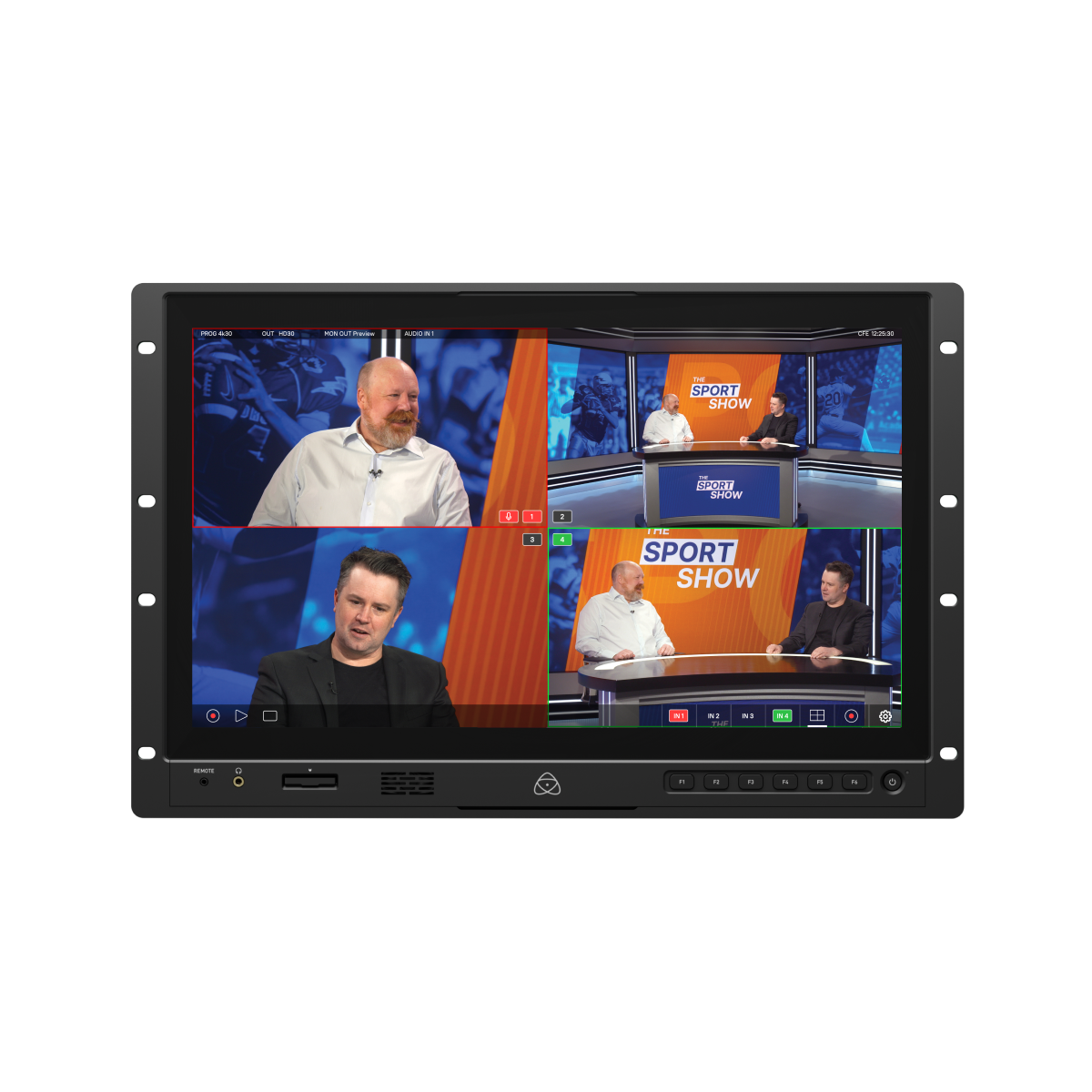FCC chairman attacks broadcast lobbyists
The professional video industry's #1 source for news, trends and product and tech information. Sign up below.
You are now subscribed
Your newsletter sign-up was successful

The NAB, the chief lobbyist for television broadcasters, has been arguing that the broadcasters have already given up spectrum in the recent digital transition. They need their remaining spectrum, the NAB argues, because of mobile DTV broadcasting, which is now being tested.
Julius Genachowski, the FCC chairman, rejected that NAB argument when he addressed why broadcast spectrum is such a good candidate for needed wireless spectrum. There’s “a massive amount of unlocked value” in broadcast spectrum and inefficiencies in the current allocation of spectrum, he said last week.
In fact, the FCC chairman said, much broadcast spectrum is not being used at all. “About 300MHz of spectrum have been set aside for broadcast TV,” he said. “In markets with less than 1 million people, only 36MHz are typically used for broadcasting. In cities with more than 1 million people, on average about 100MHz are used. Even in our very largest cities, at most only about 150MHz out of 300MHz are used.
“This is true even after the recent reallocation for digital television, which freed up some spectrum for mobile broadband,” he continued. “New technologies allow — indeed, they require — new strategic planning to ensure the most efficient use of spectrum, a vital public resource, especially given our broadband needs.
Another broadcast lobbyist, the MSTV, reacted to the FCC chairman’s speech. David Donovan, the group’s president, argued that local television stations are “a critical component” of the nation’s wireless ecosystem.
“As a point-to-multi-point service, we are the most spectrally efficient way to transmit high quality video content simultaneously to millions of viewers over large geographic areas,” he said. “We use spectrum efficiently.”
Donovan said the broadcasters would examine the FCC’s voluntary plan closely. “In these tough economic times, consumers should not be forced to sacrifice access to their favorite free, local TV programs, news, emergency information, and local mobile video services in order to divert spectrum to the wireless telephone companies that will turn around and provide pay-based services,” Donovan said.
The professional video industry's #1 source for news, trends and product and tech information. Sign up below.
